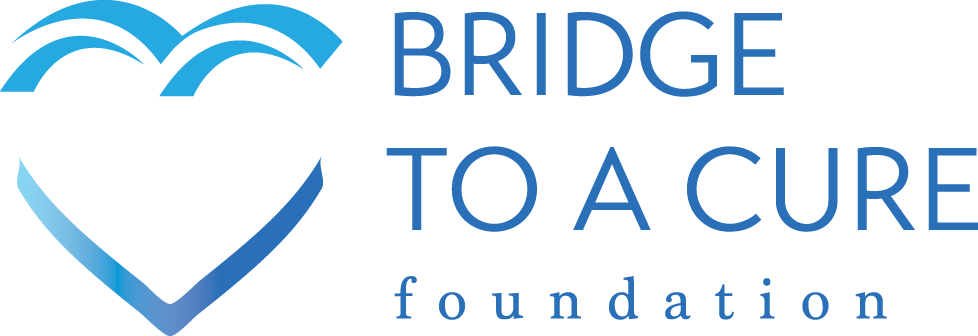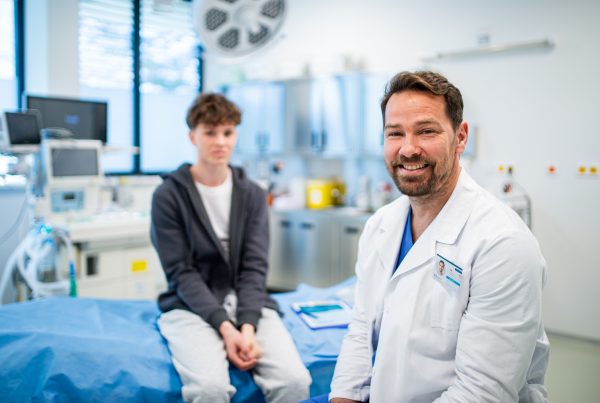What’s preventing our great medical minds from developing effective cancer treatments?
What all successful organizations have in common that is missing in medical research is the following:
1. Access to information.
Even the medical researchers find it frustrating, if not unbelievable, that there isn’t a single robust database from which they can access all the information there is on any disease. A single database should include:
- All known data on the disease itself (i.e., causes, energy sources, symptoms, molecular structure, compromised pathways).
- Patient history on all known victims of the disease.
- Data on all known therapies and their recorded outcomes (including traditional medical and pharmaceutical treatments, as well as alternative therapies).
2. Fast, reliable product development processes.
The development, testing, and launching of new products is what keeps great companies great. The best companies continually review their processes to find ways to bring better products to market faster. Not so with medical research. They continue to rely on clinical trials despite their poor history.
While protecting the welfare of patients is the intent of the clinical trial process, it is too costly, slow, bureaucratic, complex, and undersubscribed. With the establishment of a robust database, supported by Artificial Intelligence (AI) and predictive algorithms, our best medical research minds will have the opportunity to dramatically improve the process and the speed in which life-saving treatments are brought to market. Technology companies such as IBM and Tempus have already made tremendous progress in this area. Now it’s up to all medical research centers and government agencies to align their processes to capitalize on their technology.
3. A culture of collaboration.
Successful corporations not only excel at collaborating within their own organization, but they also proactively collaborate with their strategic partners; they willingly share data and solutions with the single goal of exceeding customer expectations. While some progress is being made in the medical research arena, they have a long way to go.
Unfortunately, my sense is that they think they are already there. Not so! There are far too many research centers, foundations, and government agencies that are spending billions on initiatives that would be better served by working together. Not only would this generate better ideas, it would cut costs by eliminating so much of the unnecessary overhead that exists today. There needs to be alignment across research centers, non-traditional treatment practitioners, corporations, government agencies (NIH)and foundations.
Learn more about my mission to improve cancer research by visiting www.BridgeToACure.org.
Make a Donation





